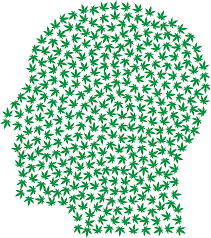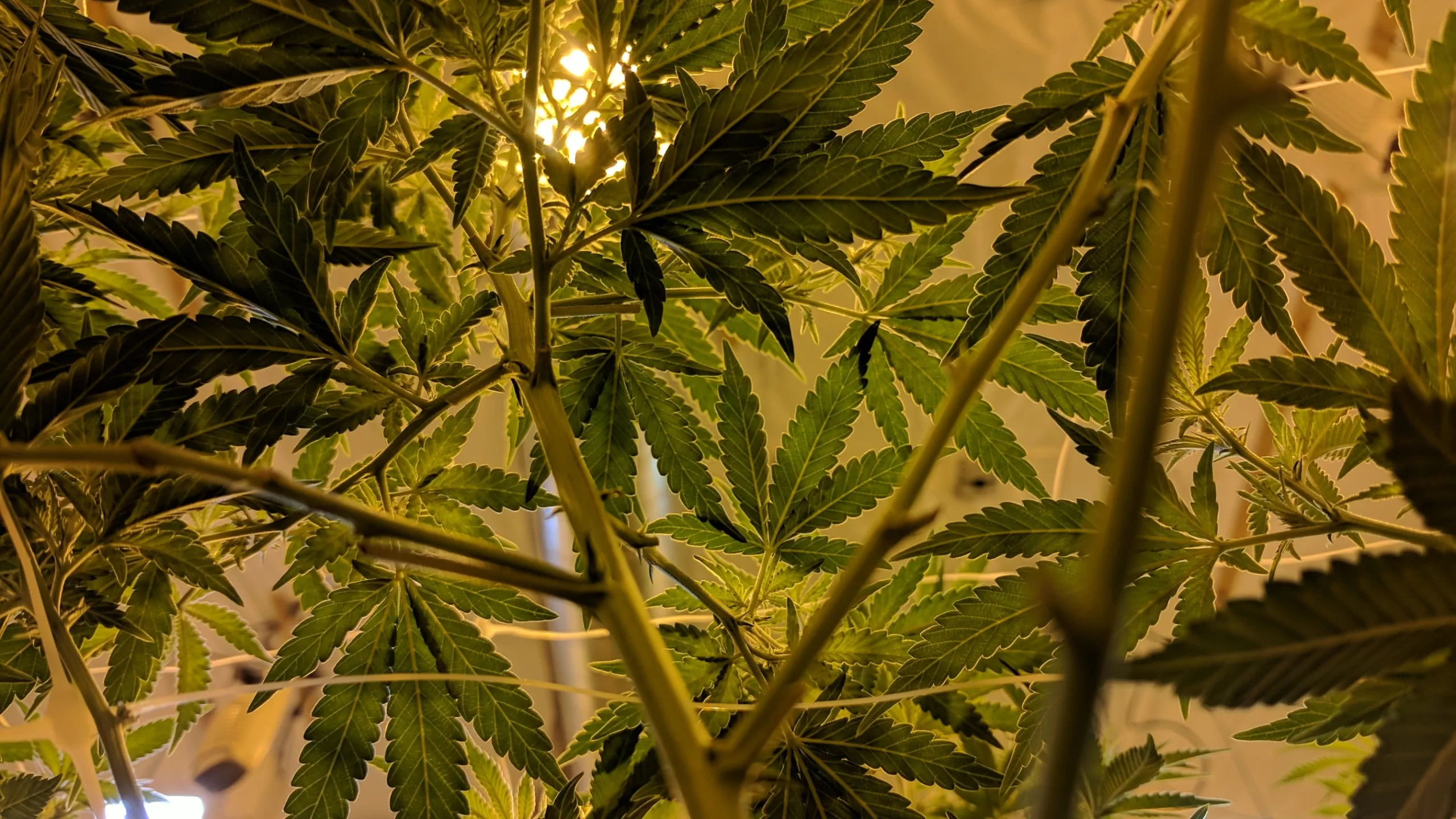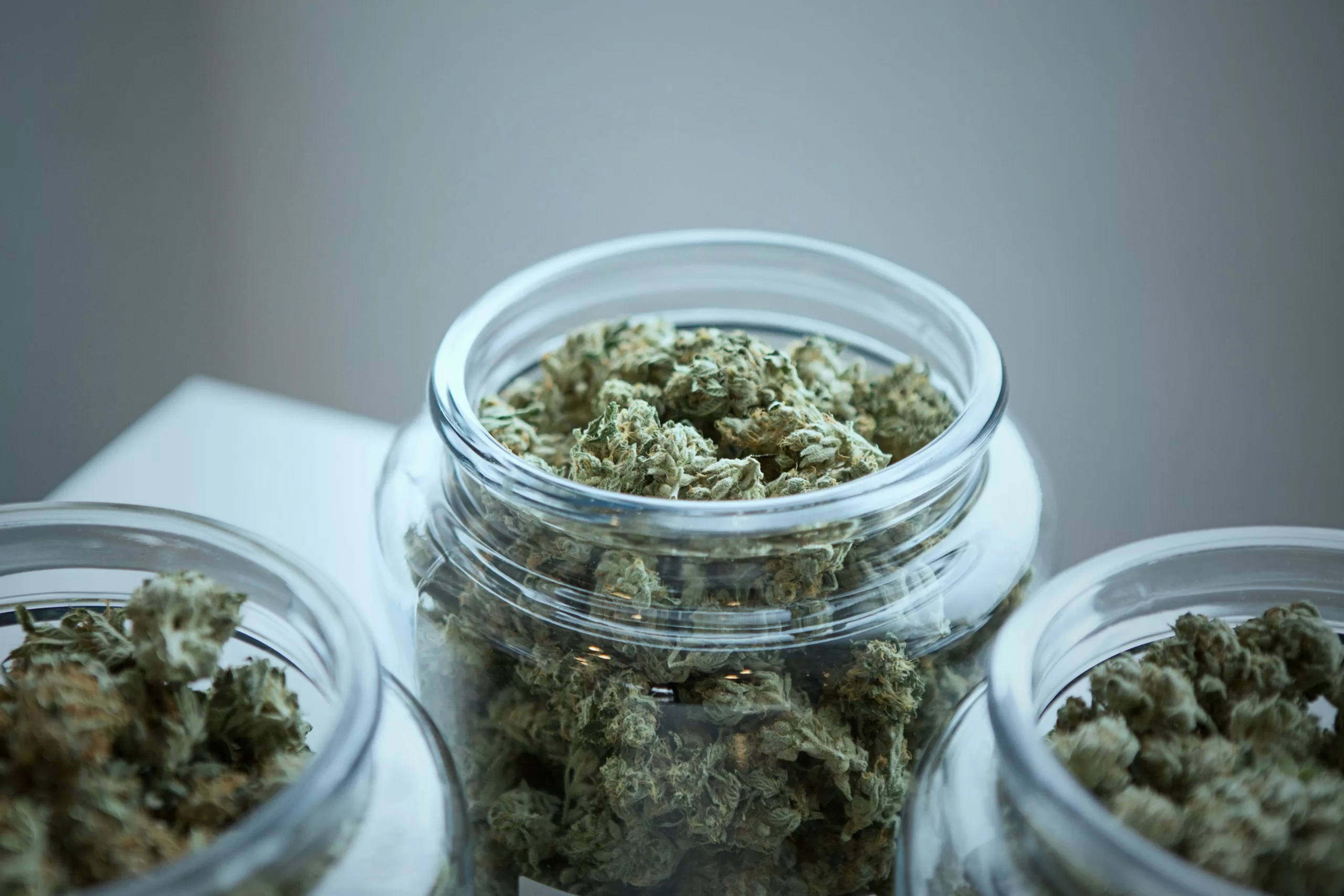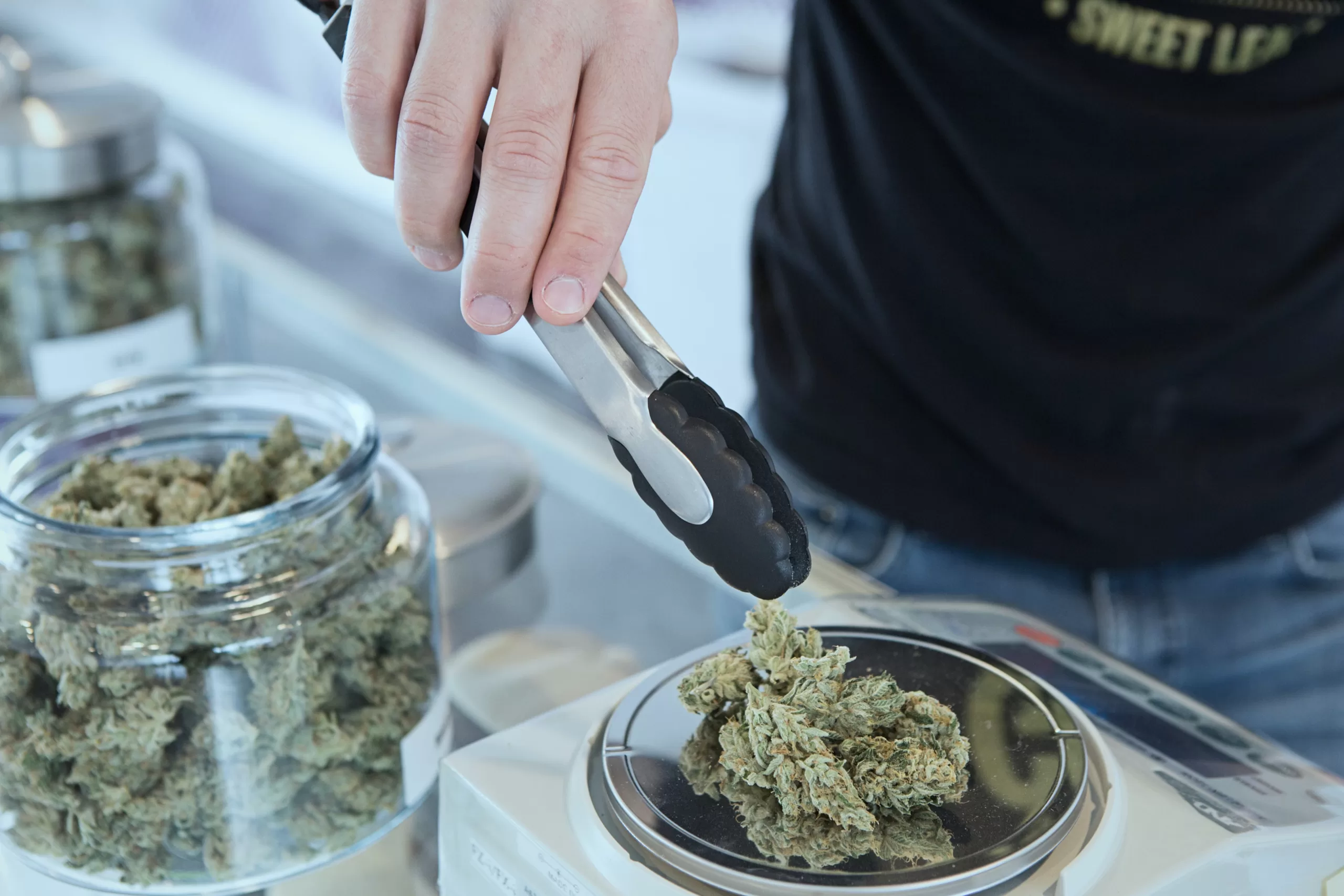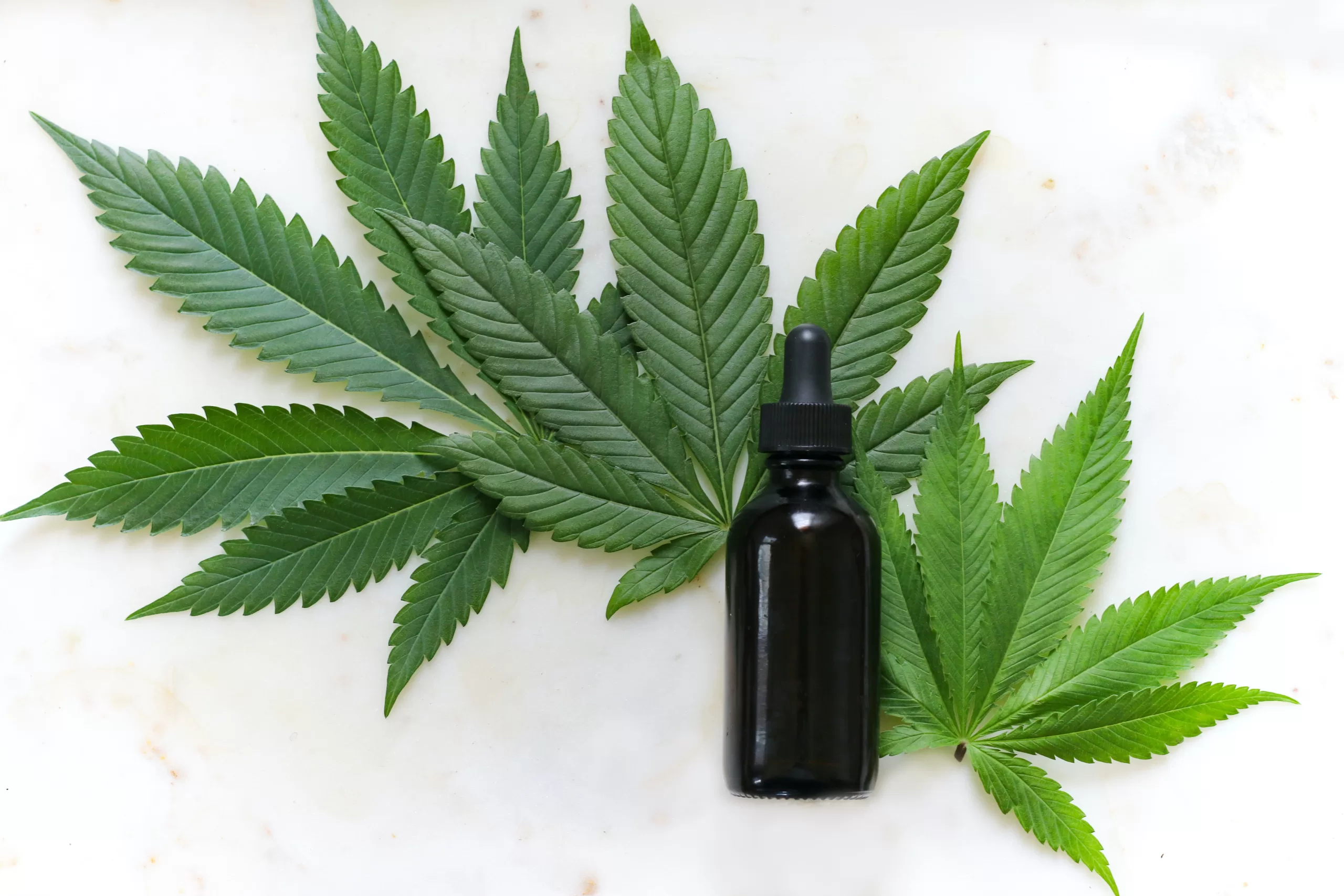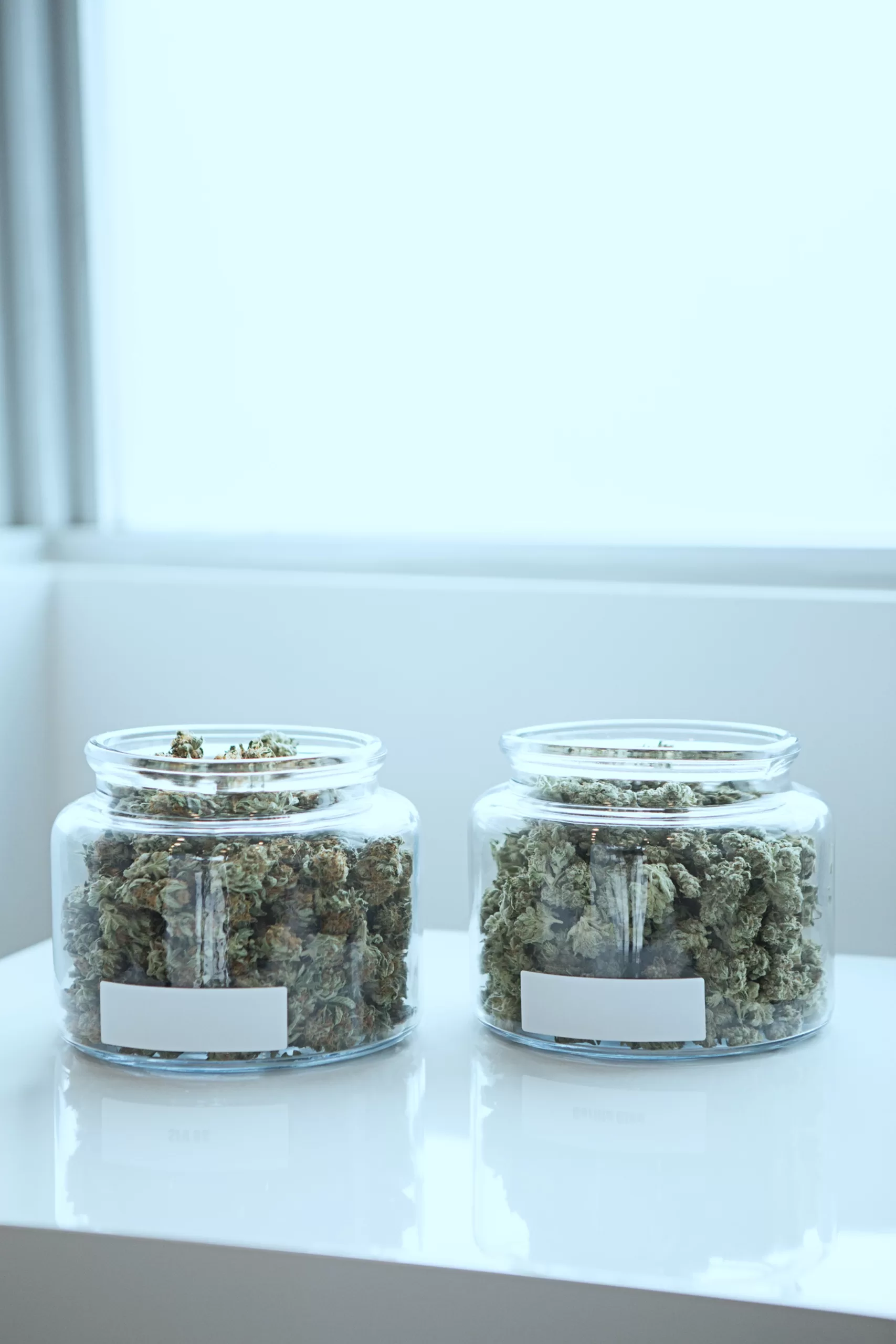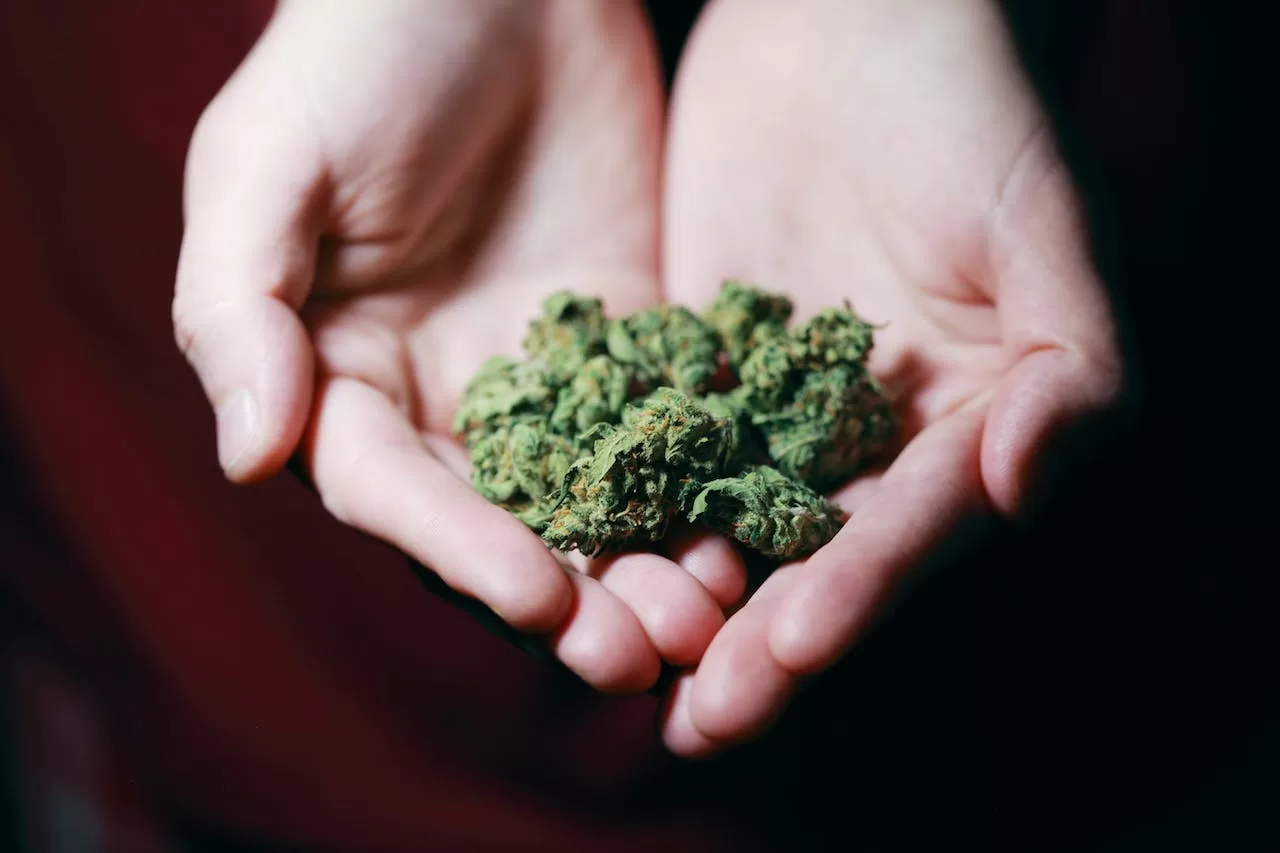In New Jersey and in states around the country Marijuana Legalization is on the minds of many Americans. And legalization of this Schedule 1 drug will not be an easy decision. Not for our elected officials who will have to craft a bill or for the citizens who will have to share their voice and vote in favor or not in favor of such an important social issue.
The sides are drawn and the information seems endless. A steady stream of Medical News, Commission Reports, Business and Economic impact studies, Social and Criminal consequences and in depth analysis of cannabis being a cure-all, to being a gateway to opioid abuse. The Pot Narrative is alive and well and this overview will attempt to outline the major issues surrounding the Legalization of Marijuana.
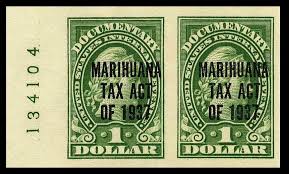
In 1937 the Marihuana ax Act effectively made possession or transfer of marijuana illegal throughout the United States. Since then there has been an ever growing desire to better understand the psychological effects of cannabis as well as it physiological effects. And as schools of thought began to emerge on the positive benefits that could be achieved on marijuana legalization there appeared a just as large and vociferous negative school of thought on the dangers of making pot legal.
Medical Marijuana
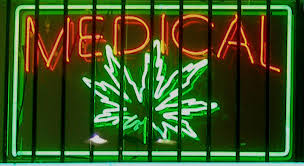 Using marijuana for medicinal purposes has been around for a very long time. References to Marijuana as a popular medicine go back to 2900 BC when a Chinese Emperor made reference to Ma, the Chinese word for cannabis and it was a popular medicine that contained both the Yin and Yang. Fast forward to the 21st Century and on November 5th, 1996 California becomes the 1st state to legalize Medical Marijuana.
Using marijuana for medicinal purposes has been around for a very long time. References to Marijuana as a popular medicine go back to 2900 BC when a Chinese Emperor made reference to Ma, the Chinese word for cannabis and it was a popular medicine that contained both the Yin and Yang. Fast forward to the 21st Century and on November 5th, 1996 California becomes the 1st state to legalize Medical Marijuana.
There are now 29 states and the District of Columbia that have legalized the use of marijuana for medical purposes. All of the 29 states have a varying degree of what would be called legal medical marijuana use. Some states allow the weed to be grown by the patient, other states allow non-smokable medical product only and all the states have their own possession limit.
Another part of the medical marijuana puzzle are the medical conditions that a specific state allows treatment by medical marijuana. In New Jersey a physician must certify that a patient has an approved debilitating medical condition to participate in the Medicinal Marijuana Program. Approved debilitating medical conditions including: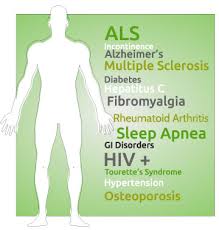
- Amyotrophic lateral sclerosis
- Multiple sclerosis
- Terminal cancer
- Muscular dystrophy
- Inflammatory bowel disease, including Crohn’s disease
- Terminal illness, if the physician has determined a prognosis of less than 12 months of life.
The following conditions apply, if resistant to, or if the patient is intolerant to, conventional therapy:
- Seizure disorder, including epilepsy
- Intractable skeletal muscular spasticity
- Glaucoma
- Post-Traumatic Stress Disorder (PTSD)
The following conditions apply, if severe or chronic pain, severe nausea or vomiting, cachexia or wasting syndrome results from the condition or treatment thereof:
- Positive status for human immunodeficiency virus
- Acquired immune deficiency syndrome
- Cancer
What other ailments can Medical Marijuana address?
The Criminalization Factor – The War on Drugs
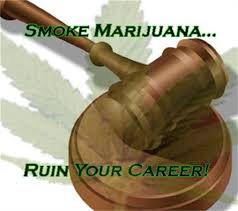
The war on drugs is a catastrophic failure. We can’t end it until we stop arresting and locking people up simply for using or possessing drugs. For many the reasoning behind legalizing marijuana is to stop filling our courts and jails with individuals who have possessed small amounts of marijuana for their own personal use. Continued criminalization of adult marijuana use is out-of-step with the views of the vast majority of adults in the United States, 64 percent of whom now endorse legalizing and regulating cannabis.
Case in point in Athens, Ohio: The Athens Cannabis Ordinance – better known as “TACO” – to completely remove all penalties for possessing, cultivating, and gifting of up to 200 grams of marijuana was approved by voters on election day by a vote of 77 percent to 23 percent.
The number of people arrested for a marijuana law violation in 2015 was 643,241. The number arrested for ‘possession only’ was 574,641 or 89%.
The Opioid Dilemma
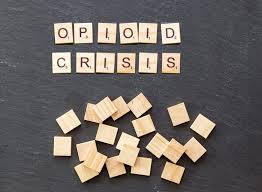
And then there’s the Opioid Dilemma. New Jersey Gov. Chris Christie, head of the presidential commission on opioids, warned of the dangers of marijuana in a letter to President Donald Trump earlier this month about the panel’s findings, saying the current push for marijuana legalization could further fuel the opioid epidemic.
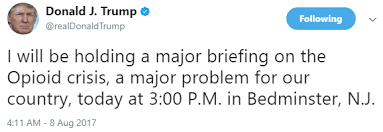
Donald Trump has declared the Opioid Crisis a National Emergency a move that allows for money to be redirected to fight the epidemic and for state laws to be eased. Last year alone, more than 64,000 Americans died of a drug overdose, primarily due to opioids. That translates into 175 people a day. 175 people a day. Is Marijuana going to help stem the abuse of opioids or, as some proclaim, be a gateway to an even more prolific use of opioids.
Recreational Use and the Tax Man
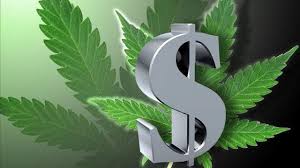
Tax revenue that drug legalization would yield annually, if currently-illegal drugs were taxed at rates comparable to those on alcohol and tobacco is $46.7 billion. Colorado has harvested half a billion dollars in taxes and fees since it legalized weed. These are big numbers and they don’t include things like increased tourism and more businesses and a proportional increase in the workforce. Understandably Marijuana arrests are way down but the book is still open on how legalized marijuana is affecting crime in general. Time will tell on all these factors but it seems clear that states that legalize marijuana will have a steady stream of income to address whatever negative concerns this legalization will entail and have a pot of money (pun intended) available for other public initiatives.

